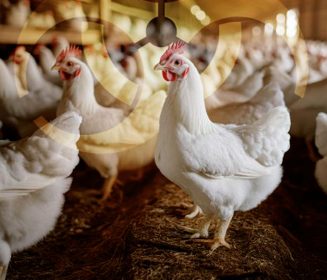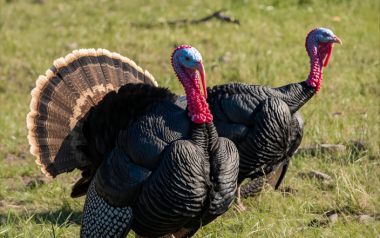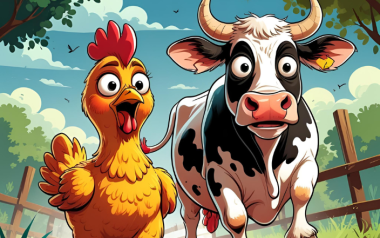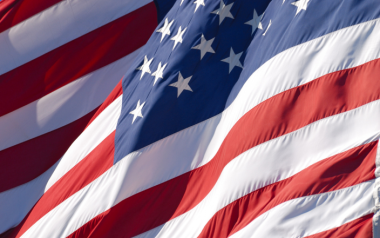Sources: Available upon request
30 May 2025
Bird Flu declines amid Trump policy controversy
In recent months, the United States has seen a notable decline in avian influenza (bird flu) cases among poultry, thanks in part to enhanced biosecurity measures and targeted containment strategies.
In recent months, the United States has seen a notable decline in avian influenza (bird flu) cases among poultry, thanks in part to enhanced biosecurity measures and targeted containment strategies. The U.S. Department of Agriculture (USDA) reported a significant drop in outbreaks across commercial egg-laying operations, particularly in the Midwest and South, where the virus had previously devastated flocks and disrupted the egg supply chain.
However, this progress has been overshadowed by a wave of controversy following the Trump administration’s decision to cancel a $766 million contract with Moderna for the development of a bird flu vaccine. The vaccine, which had shown promising results in early trials, was intended to protect both poultry and humans from the highly pathogenic H5N1 strain. Critics argue that the cancellation undermines long-term preparedness for a potential zoonotic spillover.
Adding to the controversy, the administration also implemented sweeping staff cuts at the FDA’s Center for Veterinary Medicine, which plays a critical role in monitoring and responding to animal disease outbreaks. Over 140 employees were laid off as part of a broader effort to reduce the size of the Department of Health and Human Services. Public health experts and veterinary associations have warned that these cuts could impair the nation’s ability to respond swiftly to future outbreaks.
Despite the backlash, the Trump administration has defended its actions, stating that the focus is shifting toward more sustainable, long-term solutions. Agriculture Secretary Brooke Rollins emphasized a new strategy that prioritizes enhanced farm-level biosecurity and targeted medication over mass culling. “We’re moving away from reactive measures and toward proactive resilience,” Rollins said during a recent roundtable with poultry industry leaders in Texas.
The administration’s approach has sparked debate among scientists, farmers, and policymakers. While some applaud the emphasis on biosecurity and cost-efficiency, others fear that abandoning vaccine development and reducing regulatory oversight could leave the country vulnerable to future outbreaks.
As the U.S. navigates this complex public health challenge, the balance between immediate cost-saving measures and long-term disease prevention remains at the heart of the debate. With avian influenza still circulating globally, the decisions made today could have lasting implications for both animal and human health.






































